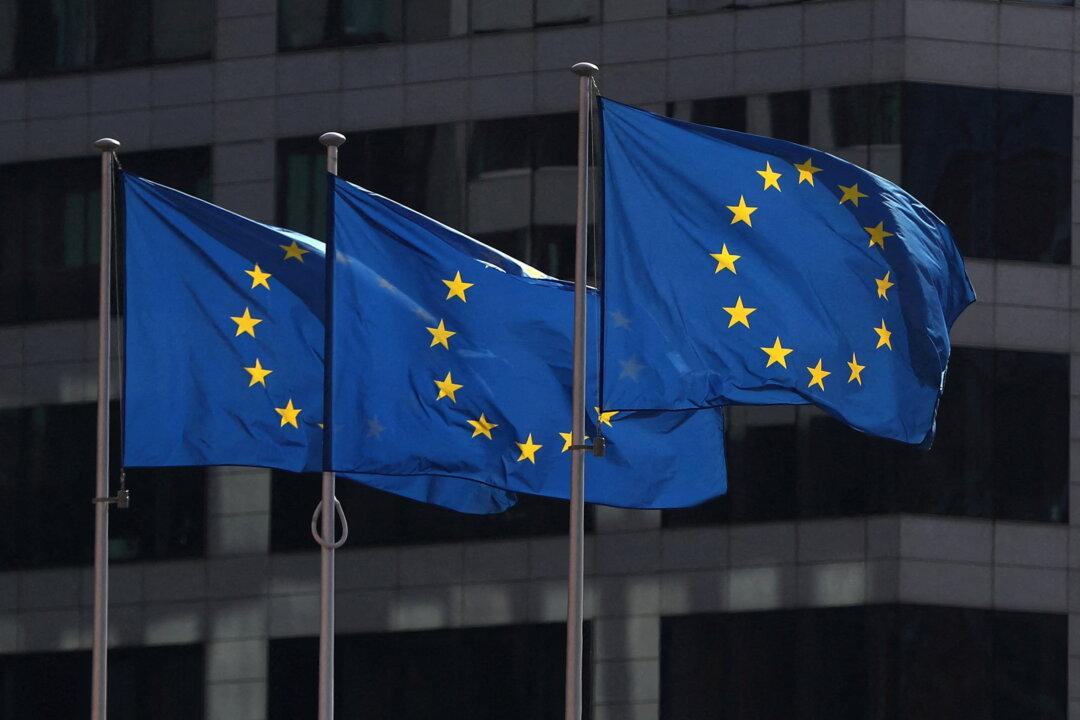Banks in the European Union should beware of fake news triggering a run on their deposits, the bloc’s banking watchdog warned, concerned about a potential fallout from the Russia-Ukraine war.
“An escalation of the war might trigger an increase in liquidity risks,” the European Banking Authority (EBA) said in its Risk Dashboard report published on April 1. “As market sentiment remains highly volatile and driven by news flow, banks’ liquidity levels can become vulnerable due to spread of inaccurate information. Such campaigns that spread inaccurate information may result in deposit outflows from targeted banks,” the report said.





